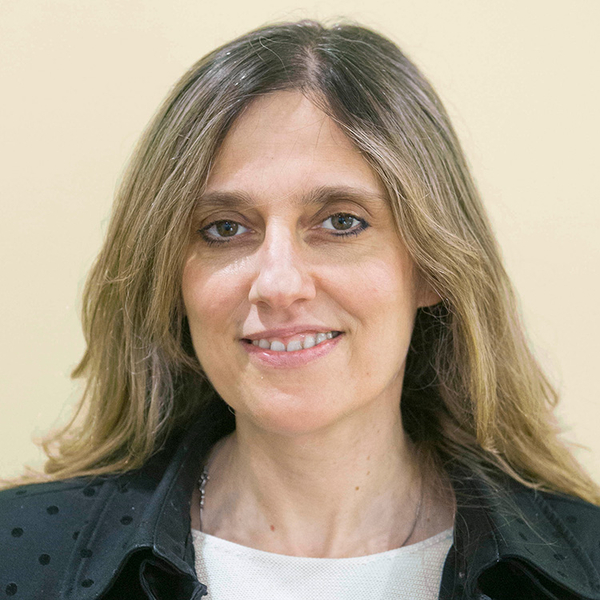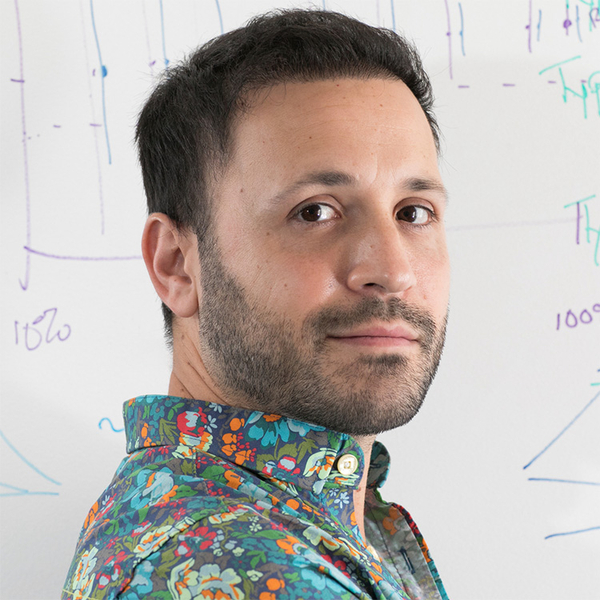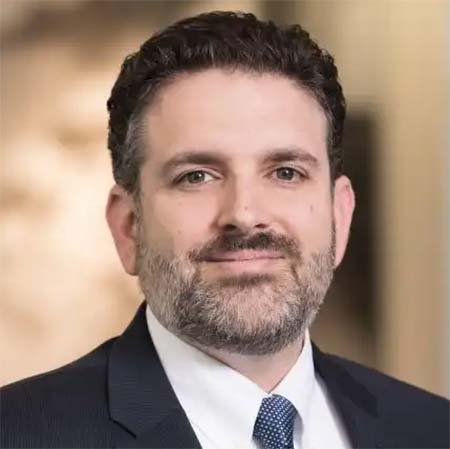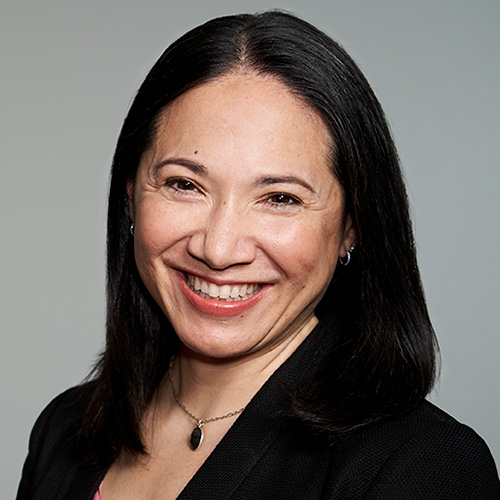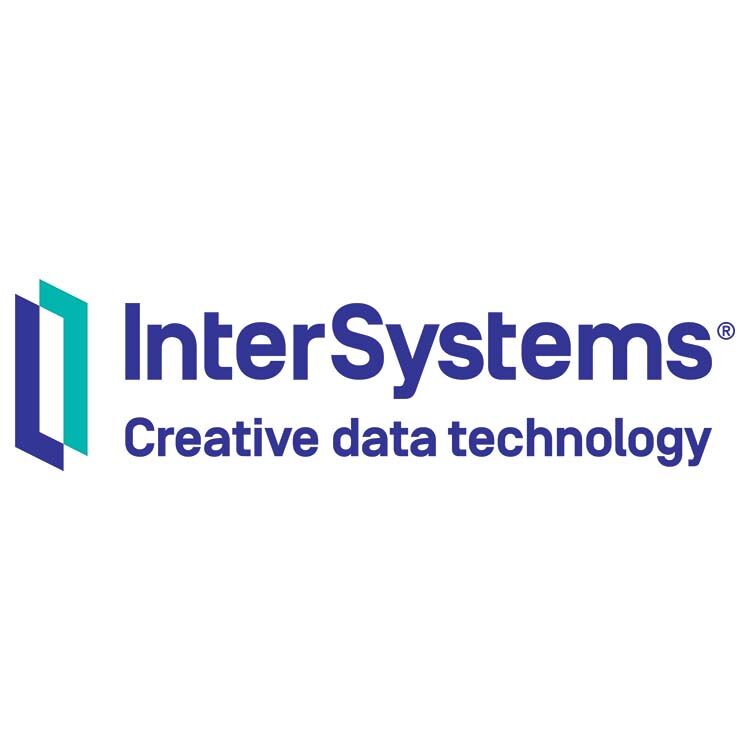AMIA 2024 Informatics Summit Keynote and Plenary Presentations
Keynotes
The Informatics of Causal Inference from Healthcare Data
Monday, March 18, 2024 | 1:30 pm - 3:00 pm
Miguel Hernán uses health data and causal inference methods to learn what works. As Director of CAUSALab at Harvard, he and his collaborators repurpose real world data into evidence for the prevention and treatment of infectious diseases, cancer, cardiovascular disease, and mental illness. Miguel is co-director of the Laboratory for Early Psychosis (LEAP) Center, principal investigator of the HIV-CAUSAL Collaboration, and co-director of the VA-CAUSAL Methods Core, an initiative of the U.S. Veterans Health Administration to integrate high-quality data and explicitly causal methodologies in a nationwide learning health system. As the Kolokotrones Professor of Biostatistics and Epidemiology, he teaches at the Harvard T.H. Chan School of Public Health, where he has mentored dozens of trainees, and at the Harvard-MIT Division of Health Sciences and Technology. His free online course “Causal Diagrams” and book “Causal Inference: What If”, co-authored with James Robins, are widely used for the training of researchers.
Miguel has received many awards for his work, including the Rousseeuw Prize for Statistics, the Rothman Epidemiology Prize, and a MERIT award from the U.S. National Institutes of Health. He is Fellow of the American Association for the Advancement of Science and the American Statistical Association, Associate Editor of Annals of Internal Medicine, Editor Emeritus of Epidemiology, and past Associate Editor of Biometrics, American Journal of Epidemiology, and Journal of the American Statistical Association.
Closing Keynote Address
Thursday, March 21, 2024 | 2:30 pm - 3:30 pm
Regina Barzilay is a Delta Electronics Professor in MIT’s Department of Electrical Engineering and Computer Science and a faculty lead for the MIT Abdul Latif Jameel Clinic for Machine Learning in Health (J-Clinic). She is also a principal investigator at the Computer Science and Artificial Intelligence Laboratory. She develops machine learning methods for drug discovery and clinical AI.
Barzilay’s research interests are in natural language processing, and applications of deep learning to chemistry and oncology. Her research focuses on developing deep learning models that can transfer annotations across domains and languages, that can learn from a few annotated examples by utilizing supplementary data sources, and that can take advantage of human-provided rationales to constrain model structure. Barzilay has received an NSF Career Award, MIT Technology Review’s TR-35 Award, and Microsoft Faculty Fellowship. She has also received fellowships from the MacArthur Foundation, Association for Computational Linguistics and Association for the Advancement of Artificial Intelligence. She received a PhD in computer science from Columbia University, and was a postdoc at Cornell University. She has received the AAAI Squirrel AI Award for Artificial Intelligence for the Benefit of Humanity. Regina is a member of the National Academy of Engineering and American Academy of Arts and Sciences.
Year in Review
Translational Bioinformatics and Data Science
Tuesday, March 19, 2024 | 8:30 am - 10:00 am
Dr. Nicholas Tatonetti is associate professor of biomedical informatics in the departments of Biomedical Informatics, Systems Biology, and Medicine and is Director of Clinical Informatics at the Institute for Genomic Medicine at Columbia University. He received his PhD from Stanford University where he focused on the development of novel statistical and computational methods for observational data mining. He applied these methods to drug safety surveillance and the discovery of dangerous drug-drug interactions. His lab at Columbia is focused on expanding upon his previous work in detecting, explaining, and validating drug effects and drug interactions from large-scale observational data.
Widely published in both clinical and bioinformatics, Dr. Tatonetti is passionate about the integration of hospital data (stored in the electronic health records) and high-dimensional biological data (captured using next-generation sequencing, high-throughput screening, and other "omics" technologies). Dr. Tatonetti has been featured by the New York Times, Genome Web, and Science Careers. His work has been picked up by the mainstream and scientific media and generated thousands of news articles.
Clinical Research Informatics and Informatics Implementation
Wednesday, March 20, 2024 | 8:30 am - 10:00 am
Dr. Peter Embí is an internationally recognized researcher, educator, and leader in the field of clinical and translational research informatics, with numerous peer-reviewed publications and presentations describing his innovations in the field. His areas of interest include clinical informatics, research informatics, public health informatics, and data-driven learning health systems.
Dr. Embí serves as Professor and Chair of the Department of Biomedical Informatics, Professor of Medicine, and Senior Vice-President for Research and Innovation at Vanderbilt University Medical Center. Prior to assuming this role on Jan 1, 2022, he served as President and CEO of the Regenstrief Institute, Professor and Associate Dean for Informatics and Health Services Research at the Indiana University School of Medicine, Associate Director at Indiana CTSI and Vice President for Learning Health Systems at IU Health. Previous academic leadership roles included professorships and serving as the nation’s first Chief Research Information Officer at The Ohio State University, and on the faculty of the University of Cincinnati, where he was the founding director of the UC Center for Health Informatics.
Artificial Intelligence and Data Science Year in Review
Thursday March 21, 2024 | 8:00 am to 9:30 am
Dr. Luo’s research interests include machine learning, natural language processing, time series analysis, integrative multi-omics analysis and multi-modal data science, with a focus on biomedical and clinical applications. He is the Chief AI Officer at the Northwestern University Clinical and Translational Sciences Institute (NUCATS) and at the Institute of Augmented Intelligence in Medicine (IAIM). He is also Director of the Center for Collaborative AI in Healthcare. Dr. Luo earned his PhD degree from MIT EECS with a math minor. He won the American Medical Informatics Association (AMIA) New Investigator Award in 2020. He served on AMIA Membership and Outreach Committee. He has published over 150 peer-reviewed papers. His publications appear in leading journals including JAMA, Nature Medicine, Nature Biotechnology, JAMIA, JBI etc. He has published in and/or served as AC/PC for top AI and informatics conferences including AAAI, NeurIPS, ICLR, KDD, CVPR, ACL, AMIA etc. He is a sought-after speaker, participating in high-profile global forums such as organized by JAMA Network and The Economist.
Genevieve Melton-Meaux, MD, PhD, FACMI, FACS, FACSRS is Professor of Surgery, Director for the Center for Learning Health System Sciences, Core Faculty in the Institute for Health Informatics, Associate Director for the Clinical NLP-IE (Natural Language Processing-Information Extraction) Research Group, and Program Director for the Clinical Informatics Fellowship at the University of Minnesota. She serves as the Chief Analytics and Care Innovation Officer for M Health Fairview leading its Clinical Variation Reduction program promoting appropriate and personalized evidence-based care, enterprise data analytics, and informatics. She is immediate past president and an elected fellow of the American College of Medical Informatics and serves as chair-elect for the American Medical Informatics Association board of directors. Dr. Melton-Meaux is board certified in general surgery, colon and rectal surgery, and clinical informatics. Her research interests are clinical NLP and applied clinical informatics including surgical informatics, enhancing note usage in EHRs, optimizing clinical AI best practices, and improving evidence-based care with Health IT and digital solutions.

